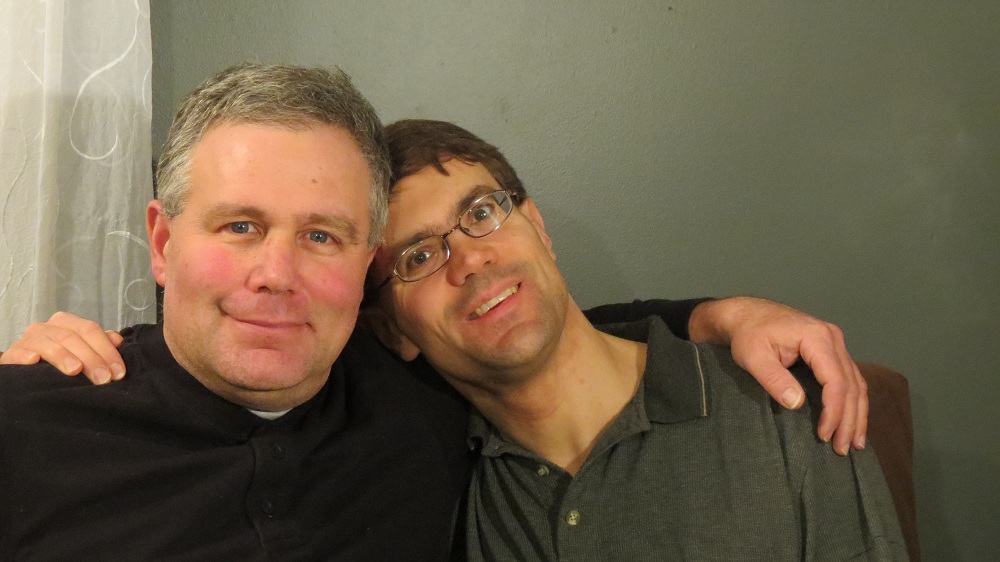The religious and the secular came to a head at the offices of the newspaper Charlie Hebdo in Paris when Saïd Kouachi and Chérif Kouachi, French citizens of North African ancestry, armed with Kalashnikov rifles opened fire, killing 12 people and wounding 11 in an Islamist terror attack. The attackers were heard shouting “Allahu akbar,” and “the Prophet has been avenged.” Charlie Hebdo, a satirical newspaper published weekly, produces satire in the form of caricatures, scrappy opinion pieces and jokes from a left-wing perspective. Among the targets of its brand of satire are the three Abrahamic faiths: Roman Catholicism (Christianity), Islam and Judaism. The caricatures published in Charlie Hebdo quite often consist of crude representations of religious figures such as Pope Benedict and Mohammed. Not surprisingly, this offends many people and generates controversy. The publishers of Charlie Hebdo were prepared to die to defend their right to freedom of expression; whereas, the Islamist attackers were prepared to kill to defend their faith. In the aftermath of the terror attack, differences of opinion concerning the right of freedom of expression and of religious liberty came to the fore. What was it that motivated the publishers of Charlie Hebdo and the Islamist attackers that resulted in this atrocity? Continue reading






















